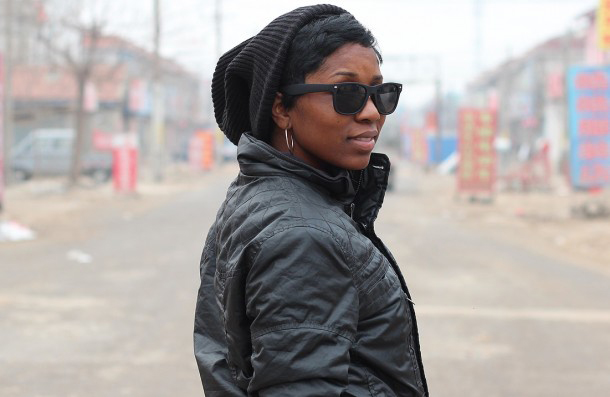
Hair extensions are big business. The largely unregulated industry’s exact numbers are hard to pin down, but with trade between customers, salon owners, wholesale suppliers, and everything in between— even a conservative estimate puts the market well into the millions.
Riqua Hailes has built two successful hair businesses—The Weave Express in her native DC, and Just Extensions Bar here in LA—from the ground up. Ultimately, though, the hazy industry was something she didn’t fully understand. So Riqua decided to do some digging. She wanted to find out where the hair came from; she wanted to go to the source and get some concrete answers. This meant a trip around the world.
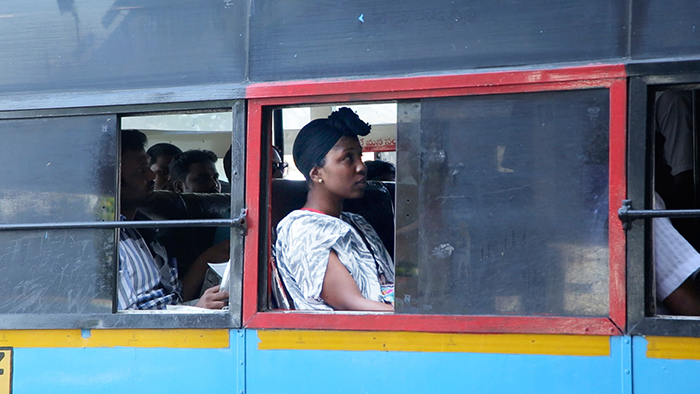
The catalyst behind the entrepreneur’s ambitious quest occurred when a customer returned to her La Brea salon with a handful of matted hair just a month after it was installed. Hailes had just spent thousands of dollars on premium extensions from China. Confused and enraged, she got on the horn with her Chinese distributor and told him she wanted to have a little chat—IRL.
A little visa drama, five countries, and six weeks later, Riqua began to uncover the mysterious world of hair extensions: how they’re sourced, how they’re processed, and the stories of the women they come from. And with some hardcore planning, she was also able to arrange for local camera crews to detail her findings throughout China, Cambodia, India, Peru, and Brazil.
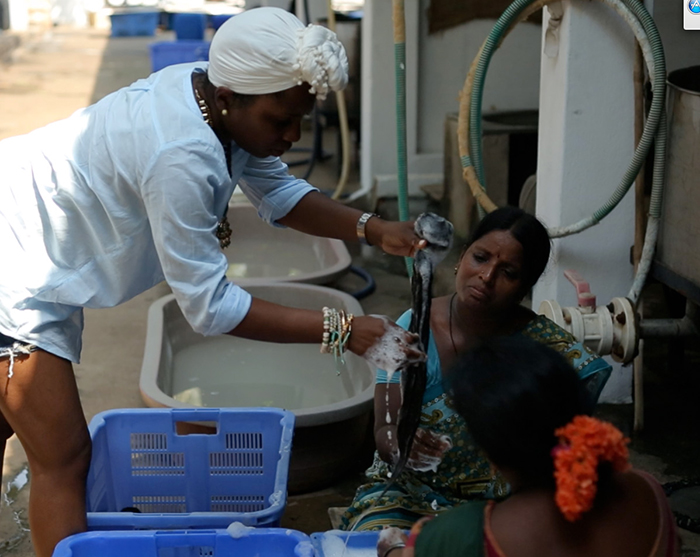
The resulting documentary, Just Extensions, opens with scenes of women getting their hair cut and shaved. The distributors explain that the hair is fair trade and sourced ethically—meaning no one is forced. To Hailes, those terms are interchangeable, “For example, some women sell their hair for money while others donate for religious reasons, either way there is a fair exchange and both parties are willing.”
That’s not to say that she only found good news.
During a trip to a Chinese factory, Riqua discovered workers cleaning “fallen hair” in large buckets. The course, dead hair is exactly what it sounds like—strands that have fallen on the floor that are then collected, soaked in acid, mixed with synthetic fibers, coated with a glossy texture, and later sold as remi, or virgin remi hair.
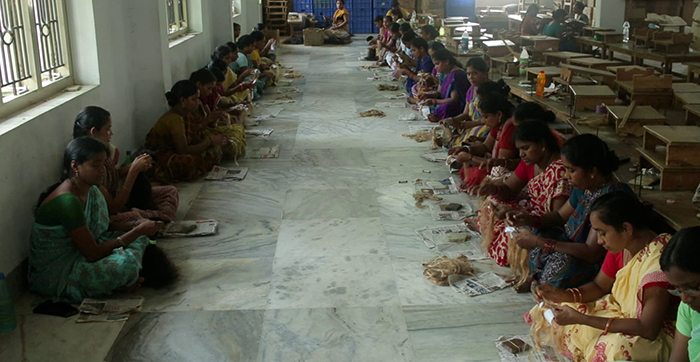
In Cambodia, Riqua saw women selling their hair, in lieu of their bodies, to feed themselves and their families. These women receive a pathetic fraction of what vendors are able to change for their virgin hair. With a regretful look on her face, a Cambodian woman with waist-length locks walked away with a short bob and just $7.50.
While traveling through Malaysia, Riqua found Malaysian hair to largely be a myth—most of the extensions marked as Malaysian had actually been purchased from China. And in Brazil, Hailes learned that horsetails were sometimes being sold as real hair.
Turns out, the shadowy industry’s biggest problem seems to stem from the vendors. With low quality hair comes the incentive of higher profit margins. Vendors are able to capitalize on the market’s lack of regulation and the distributor’s ignorance. Upon purchase, it can be impossible to tell the difference between true remi and bogus hair.
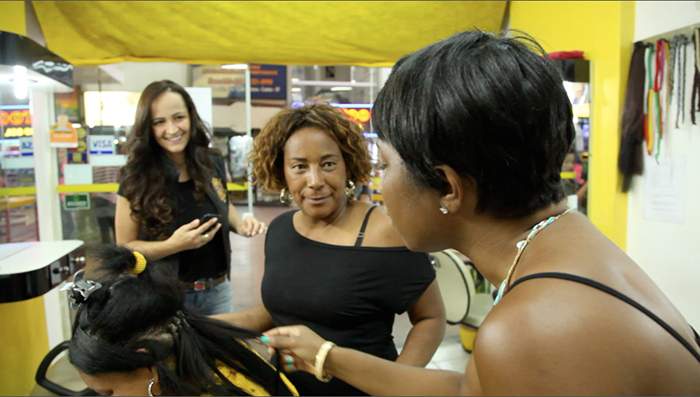
Knowledge became power for Riqua. “As an entrepreneur it was important for me to take this journey around the world to see firsthand how the hair is sourced and what kind of hair it really is.”
Hailes has a few couple game-changing projects in the works, but in the meantime, her goal is to share what she’s learned with her customers in an effort to bring transparency to a complex industry. Her documentary, Just Extensions, is available for download on October 14th.







